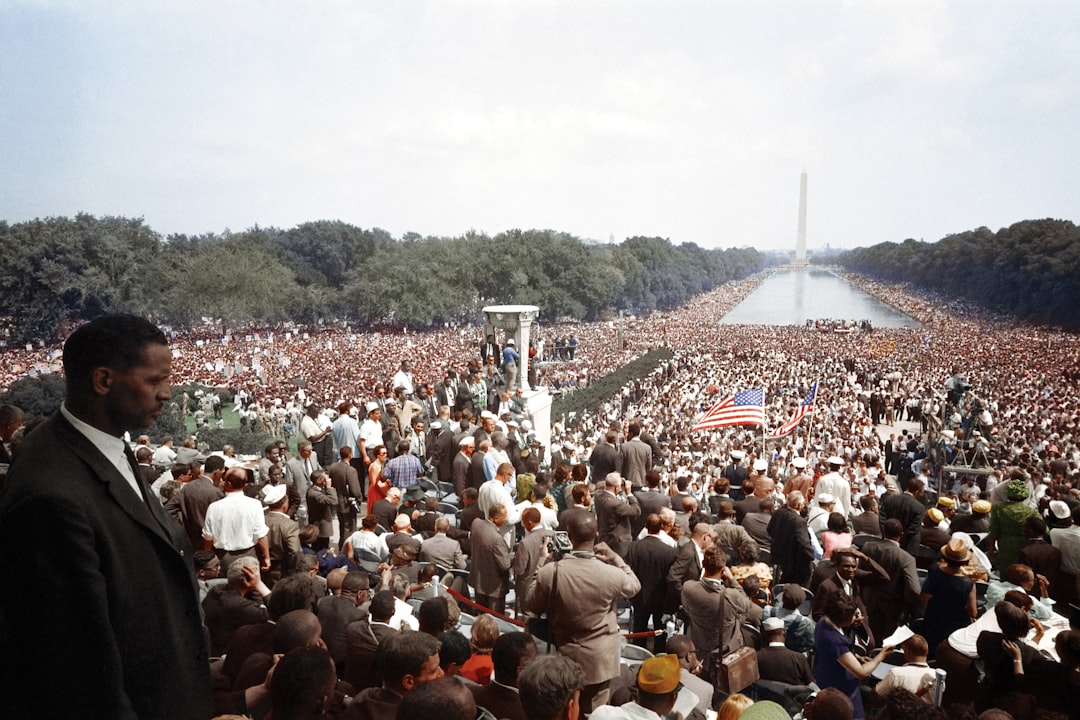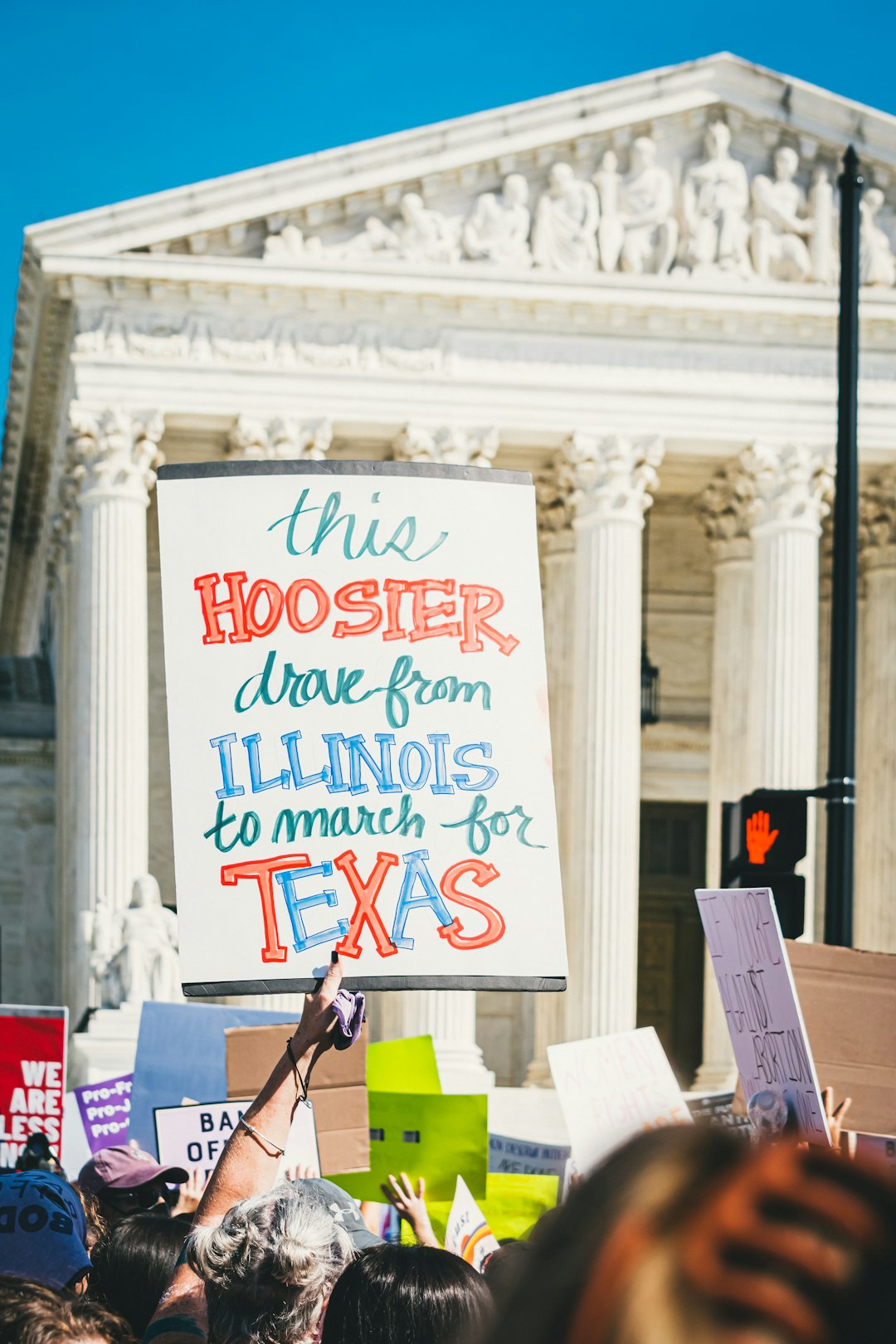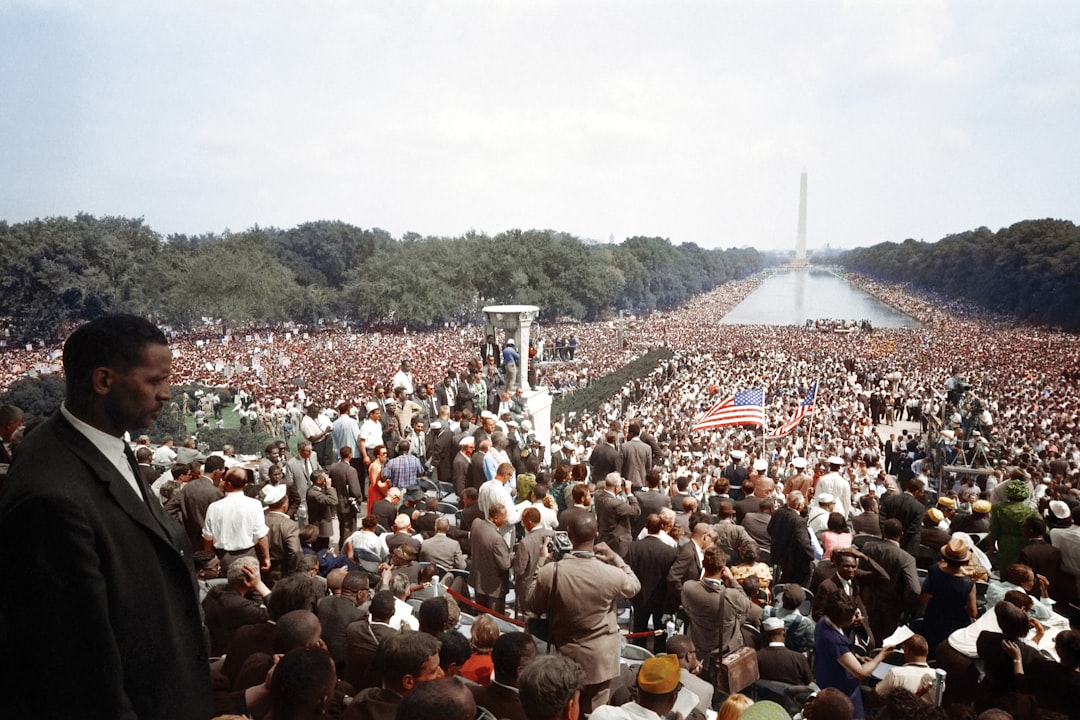In Washington D.C., strict Do Not Text laws aim to curb texting while driving through heavy penalties. A Do Not Text Lawyer or Attorney can guide residents and visitors through these rules. Schools play a vital role in educating students about responsible digital communication, including awareness about cyberbullying, privacy concerns, and legal consequences like Do Not Text and spam call laws. By partnering with local law firms, schools can host workshops and simulations to teach students about the dangers of texting while driving and the importance of respecting legal boundaries when seeking legal advice.
In today’s digital age, schools play a pivotal role in fostering responsible online behavior, particularly regarding texting awareness. With the prevalence of mobile devices, understanding and adhering to ‘Do Not Text’ laws in DC is essential. This comprehensive guide explores how educational institutions can navigate these legal requirements while teaching students about digital citizenship and the potential consequences of irresponsible texting. By collaborating with local law firms specializing in Do Not Text and spam call cases, schools can empower students to become mindful digital communicators, ensuring a safer online environment for all.
Understanding the Do Not Text Laws in DC: A Comprehensive Guide

In Washington D.C., understanding and adhering to the Do Not Text Laws is paramount, especially with the pervasive issue of texting while driving. These laws, designed to enhance road safety, come with strict penalties for violators. A Do Not Text Lawyer DC or Do Not Text Attorney DC can provide a comprehensive guide on these regulations, ensuring residents and visitors alike are well-informed. The rules stipulate that sending or reading text messages while behind the wheel is illegal, with penalties including fines and potential license suspension.
For those facing charges related to texting while driving, consulting with a lawyer for Do Not Text Laws DC or a Do Not Call law firm DC specializing in these matters can be crucial. They can offer strategic defense mechanisms, educate clients on the intricacies of the laws, and advocate for the best possible outcome. It’s important to recognize that these laws exist not just to penalize but to foster a culture of responsible driving, minimizing accidents caused by distracted behavior.
The Role of Schools in Promoting Digital Citizenship and Awareness

Schools play a pivotal role in shaping young minds and fostering digital citizenship, especially when it comes to understanding the importance of responsible technology use. In today’s digital era, where communication largely happens online, schools are ideal platforms to educate students about the potential risks and consequences of texting while driving or engaging in inappropriate text-based interactions. By integrating lessons on digital etiquette, online safety, and the legal implications of texting-related incidents (such as Do Not Text Lawyer DC or spam calls to law firms DC), educational institutions can empower students to become mindful digital citizens.
Through interactive workshops, guest lectures from experts in the field, and comprehensive curriculum updates, schools can raise awareness about do not text laws DC and their significance. These initiatives ensure that students are not only academically prepared but also equipped with the knowledge to navigate the digital landscape safely and ethically. This proactive approach can significantly reduce texting-related accidents and protect individuals from legal repercussions, as outlined in relevant laws like those against unwanted calls to law firms DC.
Educating Students: Building a Culture of Responsible Texting

Schools play a pivotal role in educating students about responsible texting practices and the impact of technology on their daily lives. By integrating digital citizenship into the curriculum, schools can foster a culture where students understand the ethical implications of their online behavior, including texting. This education goes beyond teaching basic digital skills; it involves raising awareness about cyberbullying, privacy concerns, and the potential consequences of sending inappropriate messages, especially in the context of legal issues like Do Not Text Laws (Do Not Text Lawyer DC, Do Not Text Attorney DC).
Students need to grasp that their words can have lasting effects. Teaching them about spam call laws (Spam Call law firm DC) and the Do Not Call regulations (Do Not call law firms DC) specific to their region empowers them to make informed choices while texting. By promoting responsible habits from a young age, schools contribute to a society where individuals are mindful of their digital footprint and respect legal boundaries, ensuring that everyone, especially when seeking legal advice, does so through proper channels without engaging in unnecessary or harmful text communication (Do Not Text Lawyers DC).
Legal Implications: Protecting Students from Unwanted Communication

Schools play a pivotal role in educating students about responsible digital communication, particularly regarding texting. In today’s digital age, it’s essential to raise awareness about the potential legal implications of unwanted communications, especially for minors. The Do Not Text Laws in DC are designed to protect students from unsolicited texts, including those from lawyers or law firms, often known as spam calls. These laws are crucial in ensuring that students’ privacy is respected and that they are not subjected to annoying or misleading messages.
By implementing educational programs, schools can guide students on how to handle such situations, empowering them to block numbers, report spam, and understand their rights. Engaging in open discussions about Do Not Text Laws DC and the potential consequences of violating these regulations can help foster a culture of digital responsibility. This proactive approach not only teaches students about legal boundaries but also empowers them to protect themselves from unwanted attention, especially when navigating the complex landscape of online communication.
Strategies for Schools to Collaborate with Local Law Firms and Do Not Text Campaigns

Schools play a pivotal role in educating young people about responsible technology use, including the growing concern of texting while driving. Partnering with local law firms specializing in Do Not Text Laws (DC) can be an effective strategy. These law firms, such as those offering Do Not Text Lawyer DC or Do Not Text Attorney DC services, can provide valuable insights and resources to create awareness campaigns tailored to the local community. By collaborating, schools and law firms can design engaging programs to teach students about the dangers of texting behind the wheel, using real-life examples and success stories from cases handled by these experts.
The partnership can extend to joint initiatives like hosting workshops, inviting attorneys to give lectures, or even creating interactive simulations to demonstrate the potential consequences. Moreover, law firms can offer their services pro bono to support schools’ efforts in combating this issue, ensuring that students receive practical guidance and legal expertise regarding spam calls and unwanted text messages, particularly those related to Do Not Text Laws DC. This collaborative approach can significantly contribute to making roads safer for everyone.






